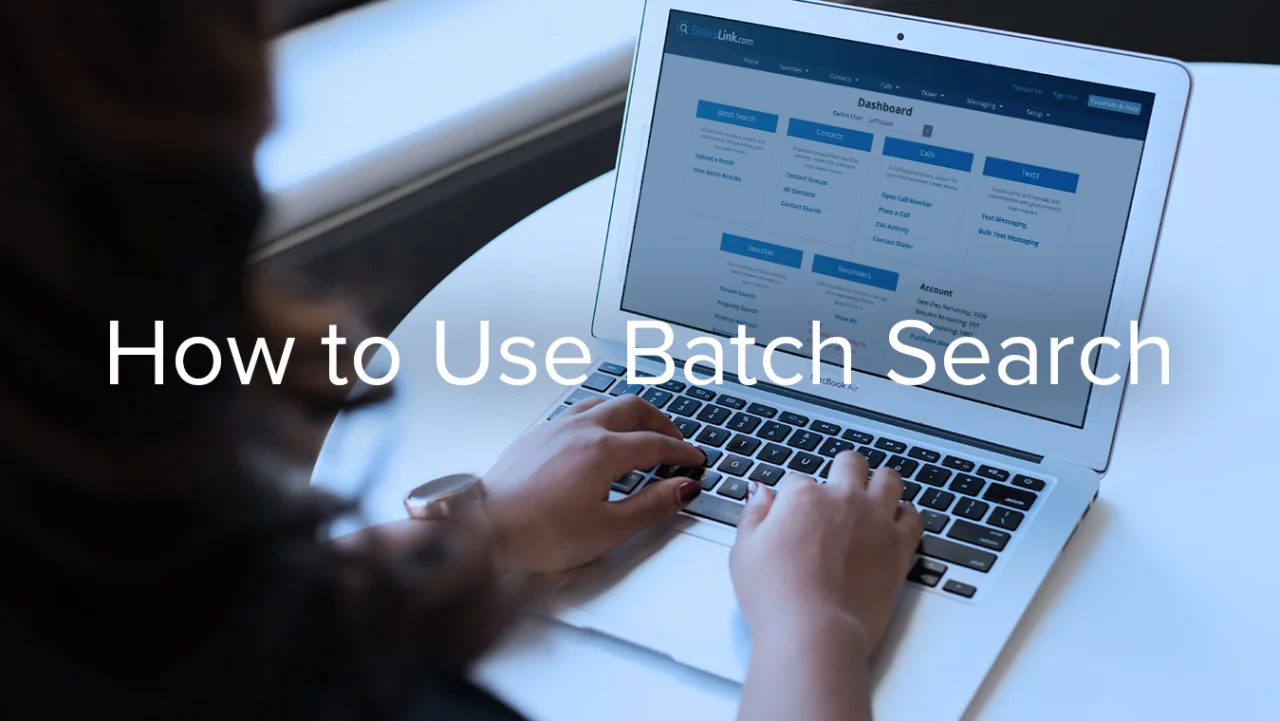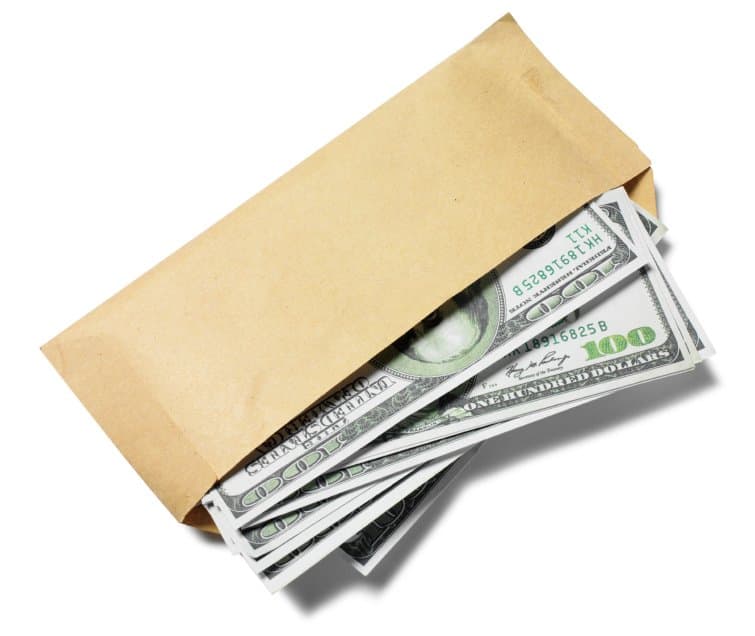All Categories
Featured
Table of Contents
Many of those home owners didn't also understand what overages were or that they were even owed any type of excess funds at all. When a property owner is unable to pay property taxes on their home, they may shed their home in what is recognized as a tax sale auction or a sheriff's sale.
At a tax sale public auction, residential properties are marketed to the greatest bidder, however, in some situations, a building may cost greater than what was owed to the area, which leads to what are known as excess funds or tax obligation sale overages. Tax obligation sale excess are the additional money left over when a confiscated property is cost a tax obligation sale auction for greater than the amount of back tax obligations owed on the residential or commercial property.
If the property sells for more than the opening quote, then excess will certainly be created. Nonetheless, what a lot of home owners do not know is that several states do not enable regions to keep this money on their own. Some state statutes dictate that excess funds can just be claimed by a few events - consisting of the individual who owed taxes on the building at the time of the sale.
If the previous homeowner owes $1,000.00 in back taxes, and the home sells for $100,000.00 at public auction, after that the regulation specifies that the previous home proprietor is owed the difference of $99,000.00. The region does not obtain to keep unclaimed tax obligation overages unless the funds are still not declared after 5 years.
Advanced Overages Surplus Funds Strategy Real Estate Overages
The notice will typically be sent by mail to the address of the property that was sold, yet considering that the previous home owner no much longer lives at that address, they typically do not get this notification unless their mail was being forwarded. If you remain in this scenario, do not let the federal government keep cash that you are qualified to.

Every once in a while, I hear speak about a "secret new chance" in the business of (a.k.a, "excess proceeds," "overbids," "tax obligation sale surpluses," etc). If you're entirely not familiar with this concept, I would love to offer you a fast introduction of what's going on below. When a residential property proprietor stops paying their home taxes, the regional town (i.e., the area) will certainly wait on a time before they seize the property in repossession and market it at their yearly tax obligation sale public auction.
The info in this post can be influenced by numerous unique variables. Expect you have a residential property worth $100,000.
Next-Level Tax Sale Overages Strategy Unclaimed Tax Overages

At the time of repossession, you owe ready to the area. A couple of months later on, the area brings this building to their annual tax sale. Here, they offer your building (along with loads of various other delinquent residential or commercial properties) to the highest bidderall to redeem their lost tax profits on each parcel.
Most of the investors bidding process on your home are totally mindful of this, also. In many instances, residential or commercial properties like your own will certainly receive proposals FAR past the quantity of back taxes actually owed.
Get this: the region just needed $18,000 out of this building. The margin in between the $18,000 they needed and the $40,000 they got is called "excess proceeds" (i.e., "tax sales overage," "overbid," "excess," and so on). Many states have laws that ban the region from maintaining the excess payment for these homes.
The area has rules in area where these excess earnings can be asserted by their rightful proprietor, normally for a marked duration (which differs from one state to another). And who precisely is the "rightful owner" of this money? For the most part, it's YOU. That's ideal! If you shed your home to tax foreclosure due to the fact that you owed taxesand if that residential property consequently cost the tax obligation sale auction for over this amountyou can feasibly go and gather the difference.
All-In-One Tax Sale Overages System Mortgage Foreclosure Overages
This consists of verifying you were the previous owner, completing some paperwork, and waiting for the funds to be provided. For the average person that paid complete market price for their home, this strategy does not make much sense. If you have a serious amount of cash money spent right into a building, there's way as well much on the line to simply "allow it go" on the off-chance that you can bleed some added squander of it.
For instance, with the investing method I use, I can buy buildings totally free and clear for cents on the buck. To the surprise of some capitalists, these deals are Thinking you recognize where to look, it's honestly easy to find them. When you can acquire a home for a ridiculously affordable rate AND you know it deserves significantly more than you paid for it, it might extremely well make good sense for you to "chance" and try to collect the excess earnings that the tax obligation repossession and public auction process create.
Expert How To Recover Tax Sale Overages Guide Unclaimed Tax Sale Overages
While it can definitely pan out similar to the method I have actually defined it above, there are additionally a few drawbacks to the excess proceeds approach you truly should recognize. Tax Overages List. While it depends significantly on the features of the residential or commercial property, it is (and in many cases, most likely) that there will be no excess profits produced at the tax sale public auction
Or possibly the county doesn't create much public interest in their public auctions. Either way, if you're buying a building with the of letting it go to tax foreclosure so you can gather your excess earnings, what if that money never ever comes through?
The very first time I sought this method in my home state, I was told that I really did not have the alternative of asserting the excess funds that were created from the sale of my propertybecause my state didn't permit it (Tax Overage Recovery Strategies). In states like this, when they produce a tax sale overage at an auction, They just maintain it! If you're thinking about utilizing this approach in your company, you'll want to assume lengthy and hard regarding where you're operating and whether their laws and laws will even enable you to do it
Exceptional Tax Sale Overage List Training Bob Diamond Tax Sale Overages
I did my best to offer the appropriate response for each state above, yet I 'd suggest that you prior to continuing with the presumption that I'm 100% correct. Bear in mind, I am not a lawyer or a CPA and I am not trying to break down professional lawful or tax suggestions. Talk to your attorney or CPA prior to you act upon this information.
Latest Posts
Delinquent Property Tax Notice
Delinquent Property Tax List
Tax Lien Investing Colorado